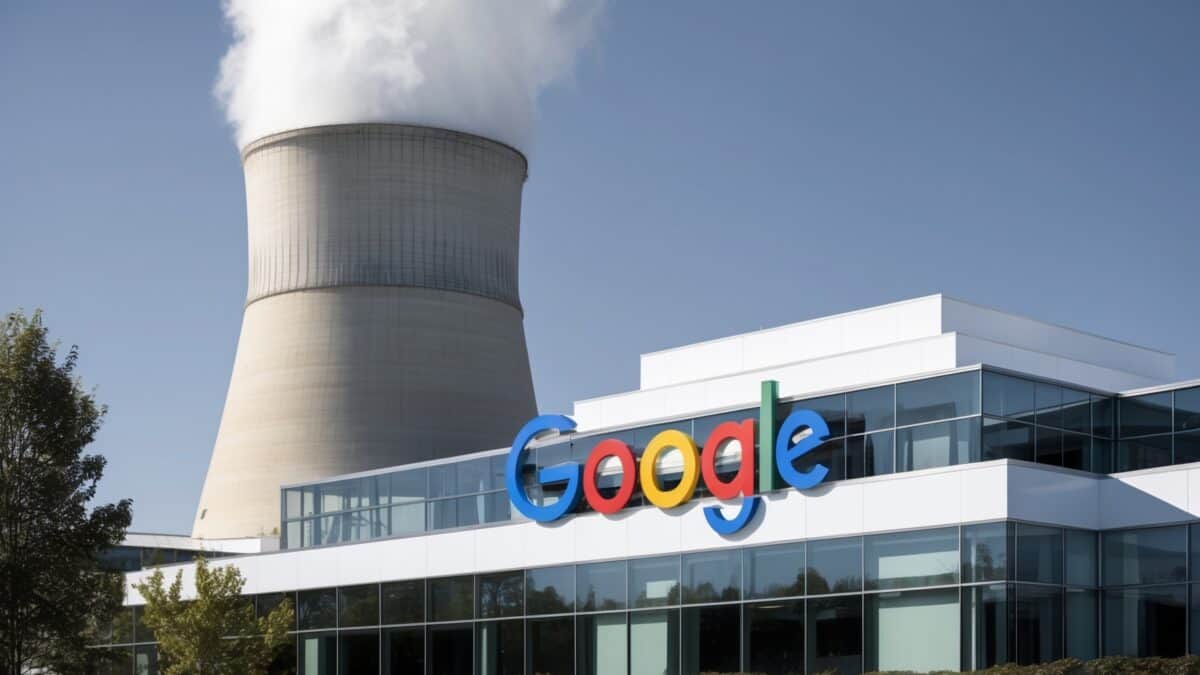Google Nuclear Energy has agreed with Kairos Power to utilize small nuclear reactors for generating the massive amounts of energy required to run its AI data centers. The partnership will see the first reactor come online later this decade, with more expected by 2035.
While financial details and plant locations remain undisclosed, the move signals a broader trend of tech companies turning to nuclear power to meet the growing electricity demands of AI operations. Michael Terrell, Google’s senior director for energy and climate, emphasized the need for new energy sources to support AI technologies, adding that this deal will advance clean and reliable energy solutions.
Kairos Power’s executive, Jeff Olson, noted that the agreement marks a significant step in demonstrating the commercial viability of advanced nuclear energy, which is essential for decarbonizing power grids.
The project still requires approval from the US Nuclear Regulatory Commission and other local agencies. Last year, regulators granted Kairos Power the first permit in 50 years to construct a new type of nuclear reactor, and the company has already begun building a demonstration reactor in Tennessee.
Kairos Power specializes in small reactors that use molten fluoride salt as a coolant, unlike traditional reactors that rely on water. Nuclear energy, which is virtually carbon-free and offers constant electricity, is gaining traction in the tech industry as firms look to cut emissions while increasing their energy use.
According to Goldman Sachs, global energy consumption by data centers is expected to more than double by the end of the decade. AI data centers, in particular, demand vast amounts of electricity, both to run their specialized hardware and to cool the equipment, as explained by John Moore, Industry Editor for TechTarget.
At the United Nations Climate Change Conference last year, the US, along with other nations, committed to tripling nuclear energy capacity by 2050 to reduce reliance on fossil fuels. However, critics argue that nuclear power carries risks, including the production of long-term radioactive waste.
In recent months, other tech giants have made similar moves. Microsoft reached a deal to restart operations at the Three Mile Island energy plant, and Amazon announced plans to purchase a nuclear-powered data centre in Pennsylvania.





